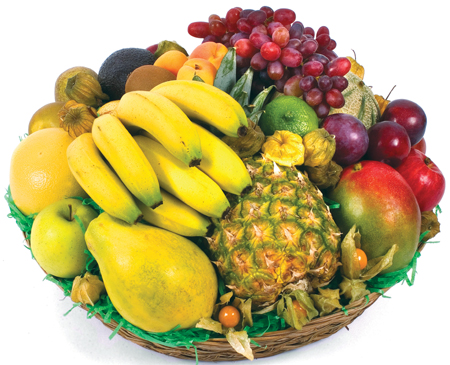A toned, flat tummy is a goal that many people strive to achieve, but endless crunches and ditching all your favourite foods isn’t the right—or fun—way to do it. A sculpted core and trim tummy can be attained by incorporating small changes into your day, like holding in your abs while you walk and adding the right healthy fats to your diet. Here are simple ways to flatten your belly.
Talk and walk
Try the roll-up
Hold a resistance band taut between your hands and lie on the floor face up, with legs extended and arms overhead. Pull abs in, tuck your chin, lift arms toward the ceiling, and roll head, shoulders, and torso up and over your legs as far as you can. Keep heels firmly on the floor and reach hands towards your feet. Pause, then slowly roll back down. Do five to eight reps with 30 minutes of cardio five to six times a week.
Make time for cardio
If you want to burn the most belly fat, a Duke University study confirms that aerobic exercise is the most effective in burning that deep, visceral belly fat. In fact, aerobic training burns 67 per cent more calories than resistance training or a combination of the two, according to the study.
Eat more fibre
For every 10 grammes of fibre you eat daily, your belly will carry almost four per cent less fat. Thankfully, there are more enjoyable ways to increase your fibre than scarfing down a box of bran flakes: Two apples, half cup of pinto beans, one artichoke, or two cups of broccoli will all give you 10 grammes of belly-flattening fibre.
Be pushy at restaurants
Saying, “I’ll go last” when the waiter comes around could be adding bulk to your belly. A recent study showed that a normal-weight woman was more likely to mimic a thin woman’s eating habits than an obese woman’s. So when you’re out for girl’s night, order first. You’ll keep yourself, and maybe even a friend or two, on track to a flatter tummy.
prevention.com


